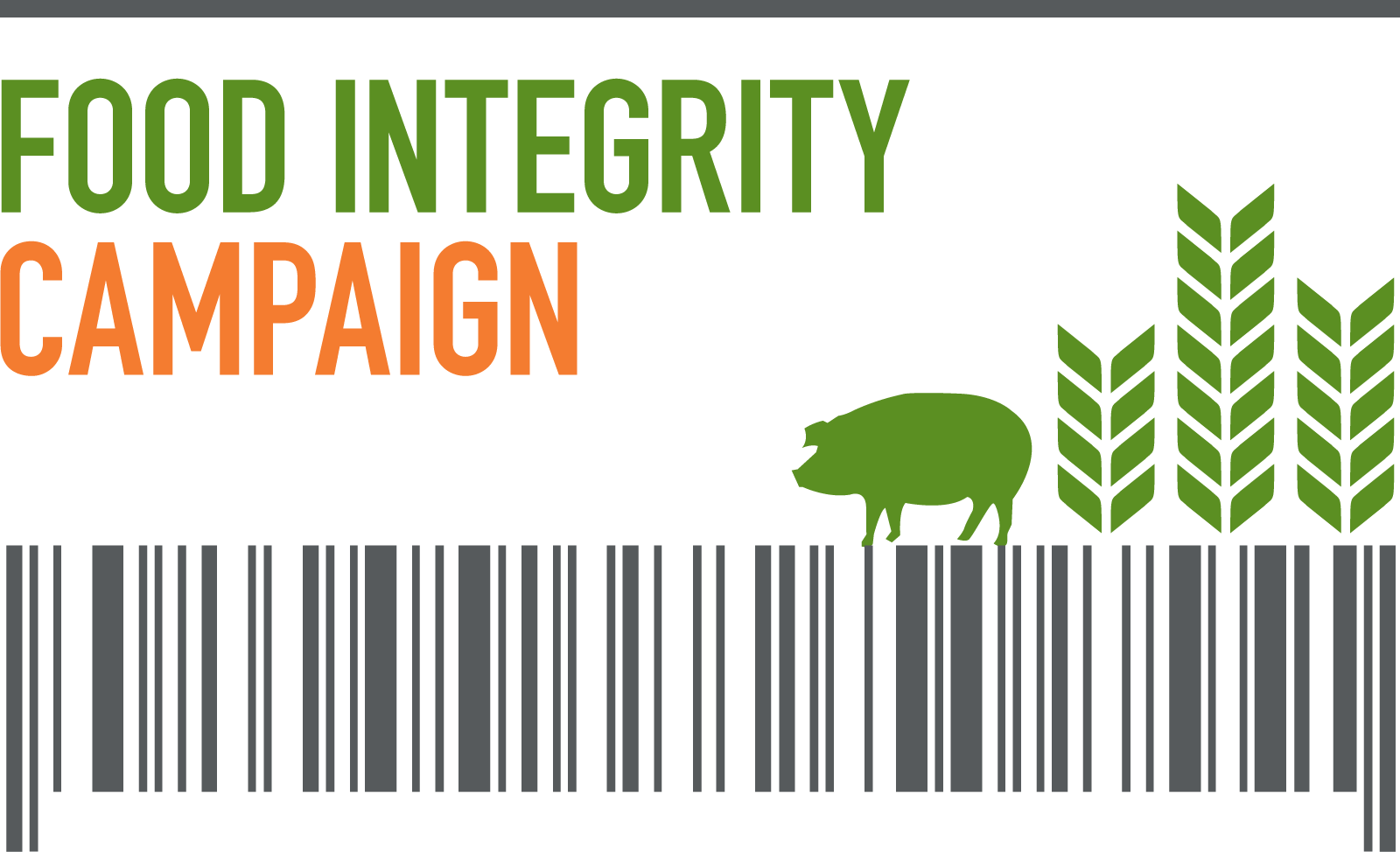The I-Team has uncovered more on the growing controversy over meat glue. It’s a product that binds bits and pieces of meat together to look like whole steaks. Now, the ABC7 I-Team looks at how one Midwestern company is helping processors re-make vats of meat they call unsellable into steaks for restaurant tables.
This is one reality in the meat industry.
Corporate video: “The concepts of innovation, efficiency and yield really come into their own in Fibrimex.”
The video was produced in 1995 to market Fibrimex to meat processors.The ABC7 I-Team found it on YouTube. It shows how small pieces of meat tumbling through a production line are turned into whole filets.
Fibrimex is made from proteins isolated and extracted from cow blood, then purified. In simple terms, it’s a coagulent — the same thing found in your body that heals a wound, but in this case it’s used to “heal” pieces of meat that would be discarded, back together.
Corporate video: “Fibrimex makes it possible to produce a mixture of different meat products or even combinations with fish. What’s more, the use of Fibrimex means a significant reduction in unsaleable parts.”
Those “unsaleable parts” are often the tougher meat left over after processors cut the best part out of a beef tenderloin. What’s left could be made into hamburger, stew meat or just be thrown out.
The Nebraska-based company that makes Fibrimex and their Dutch business partners defend the practice. They say repurposing all that trim reduces waste. The company’s owner recently talked to journalists by phone.
Owner Christian Penning: “What these people are getting is the same filet mignon meat as they would have otherwise gotten. It’s just produced in a different way but it’s the same cut of muscle meat.”
Penning also told reporters where steaks made with Fibrimex are sold.
Penning: “Our product is mostly applied in meat processing operations and then provided to retailers, as well as restaurant chains and as well as smaller restaurants.”
That is where things get complicated. The federal government says meat treated with meat glue is safe to eat but it has to be labeled. That doesn’t apply to restaurants, so you wouldn’t know you’re eating it, and that could pose a health risk if you eat it rare.
On a normal steak, the inside is sterile so it doesn’t have to be thoroughly cooked.
But on a glued steak, the center may be contaminated with bacteria that gets in during processing, so it must be cooked through to be safe.
Amanda Hitt, director of the Food Integrity Campaign of the Government Accountability Project: “That isn’t OK to say that it’s just safe. It has to be something that we wanted in the first place, not something that was put upon us that we have to deal with.”
The Food Integrity Campaign is a non-profit in Washington that provides legal help to industry whistleblowers. They exposed how pink slime makes its way into hamburger. Now they’re telling consumers to say no to meat glue.
Hitt: “There is an incredible amount of power in knowing and there is an incredible amount of power in asking and then there is an incredible amount of power in telling them that you are not interested in eating these products.”
Steve McCarthy is banking on a backlash against mass-produced meat. He’s part owner of Prather Ranch Meat Company in the San Francisco Ferry Building. His business model is to raise and process small numbers of animals humanely with no additives like meat glue.
McCarthy: “A lot of meat that’s raised conventionally is cheap. It’s artificially cheap.”
The meat at Prather costs more but McCarthy says the business is thriving and that customers are willing to pay for peace of mind.
McCarthy: “If you’re concerned about where your food is coming from, meat in particular, if you spend more money, a little bit more money, on a higher quality product, possibly less often, you can change the quality of food that’s on your table for your family.”
The ABC7 I-Team contacted over a dozen chain restaurants in California to determine who uses meat glue. It’s no surprise that many restaurants did not respond, but a few are distancing themselves from the product, including: Sizzler, Outback Steakhouse, Applebee’s, Chili’s and BJ’s restaurants. All say they don’t use any form of meat glue.
